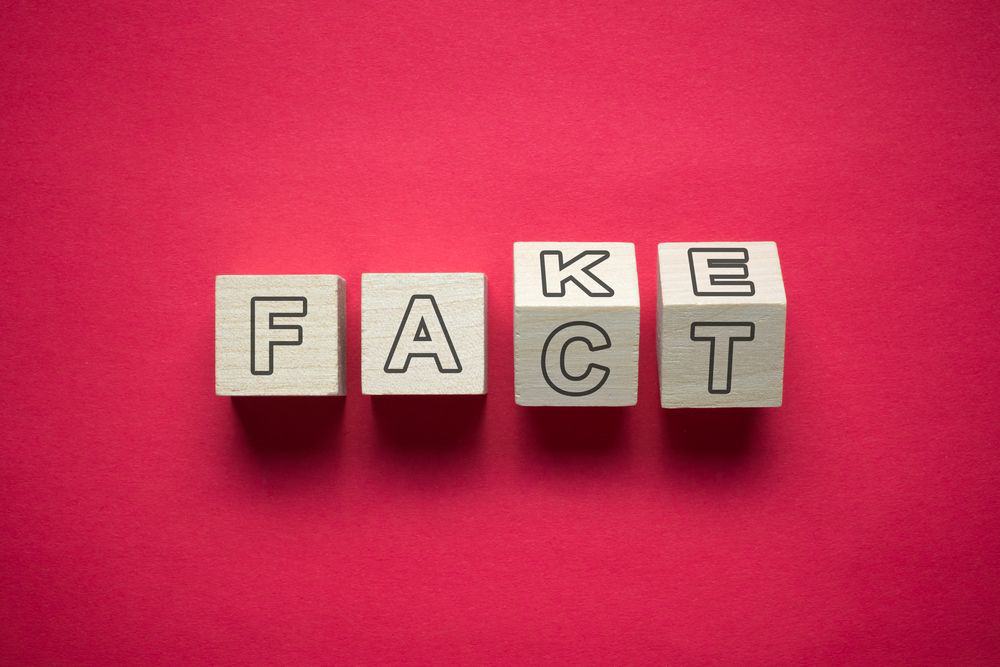Readers expect a certain amount of truth and factual accuracy when it comes to academic journals. However, there was recently a scandal involving the Hindawi Publishing Corporation’s fake peer reviews. Read on to learn more.
KEY TAKEAWAYS:
- Hindawi Publishing Corporation is a company that publishes and oversees over 400 academic journals.
- In 2015, over 30 articles were investigated after the company was accused of faking peer reviews.
- This is not the first time a company has been under fire for faking peer reviews, as a company called BioMed Central also faked reviews using puppet reviewers.
What is Hindawi Publishing Corporation?
Hindawi Publishing Corp. is a multinational corporation that oversees over 400 academic journals. The company is based both in New York City and Cairo, Egypt. They were founded in 1992 and publish over 20,000 peer-reviewed articles each year, mostly in science, medicine, and technology. All of the company’s articles are open source and published under a Creative Commons license.
Insider Tip
Hindawi Publishing Corp. is a multinational corporation that oversees over 400 academic journals.
Did Hindawi Publishing Corporation Fake Peer Reviews?
In 2015, the company was involved in a massive scandal in which 32 academic papers were accused of being bogus and fraudulent. What happened? Several editors were caught faking peer reviews, creating what are called “puppet reviews.”
The company said that they “identified three Editors who appear to have subverted the peer review process by creating fraudulent reviewer accounts and using these accounts to submit favorable review reports” in a statement issued to reporters.
Many, though not all, of the papers were formally retracted after the completion of a full investigation. It is important to note that fraudulent reviews can be lawfully punished by the Federal Trade Commision.
Do Other Companies Fake Peer Reviews?
The Hindawi scandal is not the first time that investigators found fake peer reviews. A company called BioMed Central, which oversees 277 medical journals, announced the retraction of 43 academic papers. It was discovered that the articles in question featured multiple faked peer reviews, written by puppet reviewers. This led investigators to something of a fake peer review crime ring.
Insider Tip
A company called BioMed Central, which oversees 277 medical journals, announced the retraction of 43 academic papers.
What’s the Big Deal?
The peer-review system is what moves science, medicine, and technology forward. If these reviews are faked, the conclusions that the papers draw are called into question. This could end up a public danger, especially in the case of medicine and medical technology. In other words, faking these reviews is seriously illegal. And as an online shopper, you will want to know how to spot fake reviews using Fakespot.
What Happened to Hindawi?
The company “took their licks” so to say and issued retractions when necessary. They are still in existence and still publishing peer-based academic journals. They have been under increased scrutiny the past few years and, as of this writing, have not been caught again making fake reviews.
Warning
In 2015, the company was involved in a massive scandal in which 32 academic papers were accused of being bogus and fraudulent.
F.A.Q.
Does peer review actually work?
If everyone involved is acting in good faith, then peer review will work. It operates on trust, however, so a few bad apples can indeed spoil the bunch. Having said that, peer review has been behind many recent medical and scientific breakthroughs.
Do peer reviewers get paid?
Under normal circumstances, peer reviewers do not get paid for their work. This is to keep them as neutral as possible as they undergo the peer reviewal process. In special cases, a peer reviewer may be paid a small stipend to account for their time.
Why do people do peer review?
Peer reviewers become involved so as to be on the cutting edge of science, medicine, and technology. Scientists allow papers to be peer-reviewed so as to be judged by, well, their peers. The topics covered in these academic papers are simply too esoteric for the layman and often need the critical eyes of fellow scientists.
STAT: By 2012, Hindawi had a profit margin of around 50%, higher than the 2008 average of 35% for commercial publishers. (source)






























![Best Amazon Review Checkers in [year] 22 Best Amazon Review Checkers in 2026](https://www.gadgetreview.dev/wp-content/uploads/best-amazon-review-checker-image.jpg)
![Best Renters Insurances in [year] 23 Best Renters Insurances in 2026](https://www.gadgetreview.dev/wp-content/uploads/best-renters-insurance-image.jpg)